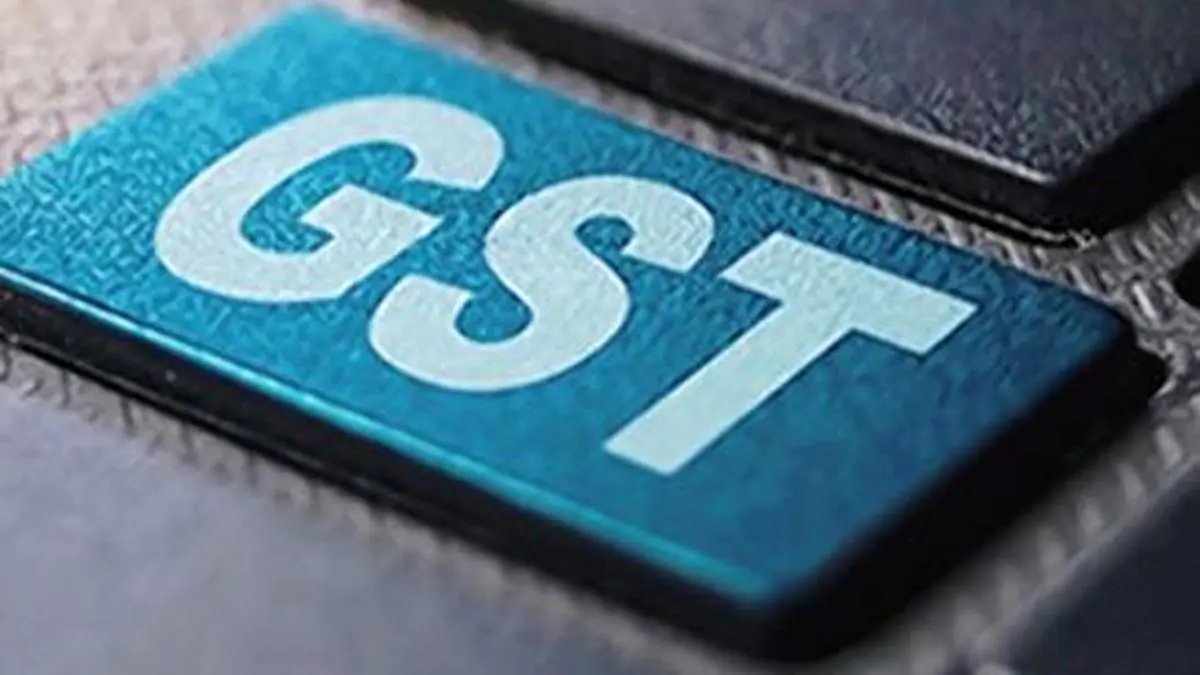GST Council to consider slab restructuring, early end to compensation cess

Finance Minister Nirmala Sitharaman will chair a crucial two-day GST Council meeting starting Wednesday, with the Centre pushing for major structural reforms, including the early termination of compensation cess and consolidation of tax slabs.
The council is expected to consider a Group of Ministers (GoM) recommendation to end the compensation cess by October 31, 2025, nearly five months ahead of the current March 2026 deadline. The Revenue Department has indicated that cess collections by October would be sufficient to repay all admissible GST compensation to states and clear back-to-back loans with interest.
Plan for two-slab GST
A key proposal on the table involves reducing the current four basic GST slabs (5 per cent, 12 per cent, 18 per cent, and 28 per cent) to just two primary rates of 5 per cent and 18 per cent. The restructuring would introduce a new 40 per cent rate for luxury and sin goods, including casinos, race clubs, high-end vehicles, and aircraft for personal use, while maintaining special rates of 0 per cent, 0.25 per cent, 1 per cent, and 3 per cent.
Essential items such as toothpaste, hair oil, and soaps are likely to move to the 5 per cent slab. For readymade garments, a two-tier structure based on maximum retail price is proposed – items below ₹2,500 would attract 5 per cent GST while those above would be taxed at 18 per cent instead of the current 12 per cent.
The Clothing Manufacturers Association of India has opposed the garment proposal, arguing that the 18 per cent rate on items above ₹2,500 would severely impact the organised sector already facing pressure from US tariffs. The industry body noted that woollen garments, essential for northern regions, typically cost ₹3,500-7,000, while wedding attire exceeds ₹10,000.
States divided on post-cess compensation mechanism
States remain divided on the post-cess compensation mechanism. While Assam, Chhattisgarh, Gujarat, and Madhya Pradesh support merging cess items into the GST framework, West Bengal, Tamil Nadu, Punjab, and Karnataka favour continuing an additional levy for revenue compensation.
The council will also deliberate on reducing GST rates for air conditioning machines, dishwashing machines, and certain cars from 28 per cent to 18 per cent. Exporters have requested parity between air freight (currently 18 per cent) and sea freight (5 per cent) GST rates to boost competitiveness.
These reforms, if approved, could significantly impact consumption patterns and provide relief to the FMCG sector, with markets already showing positive momentum ahead of the meeting.
Published on September 3, 2025


